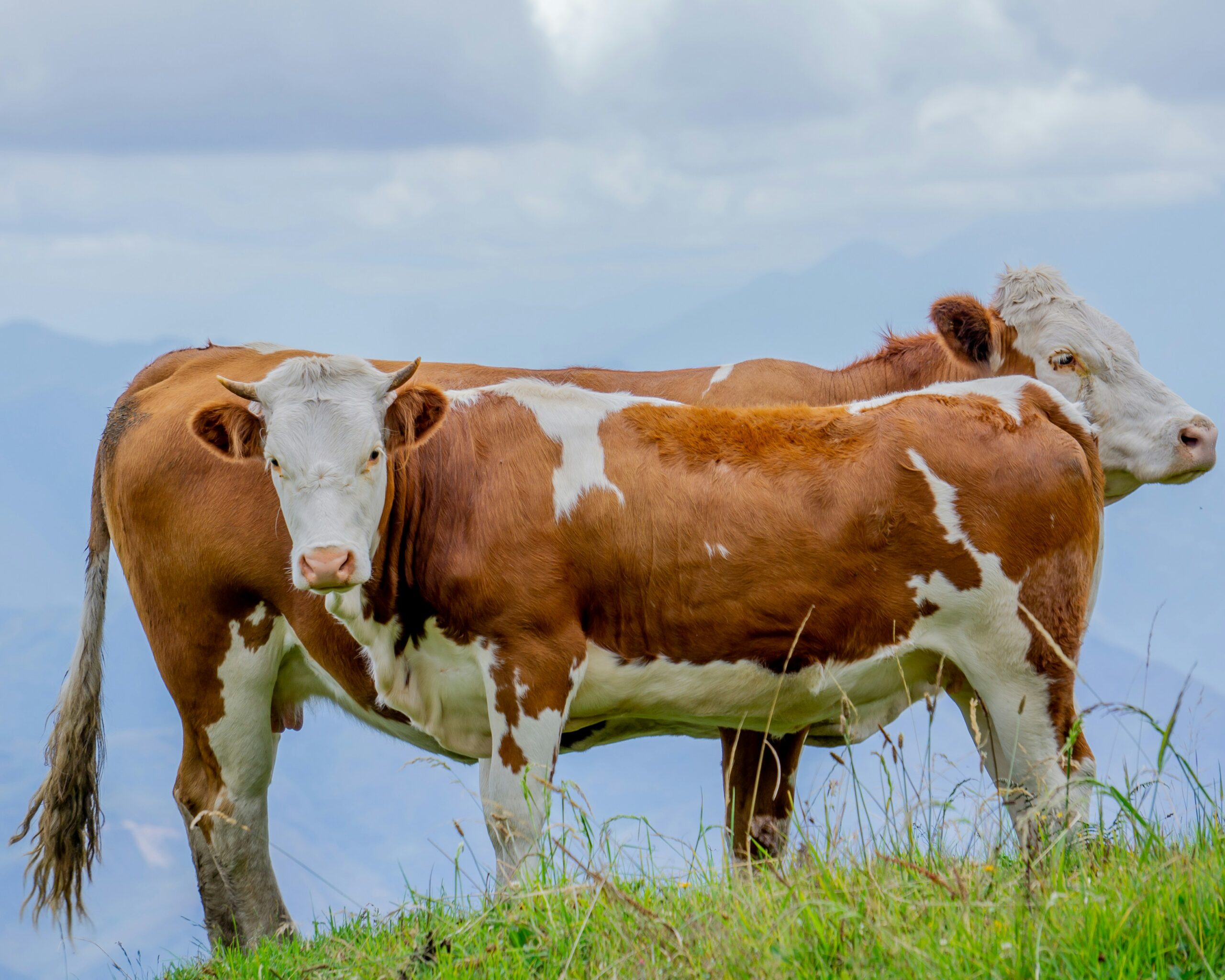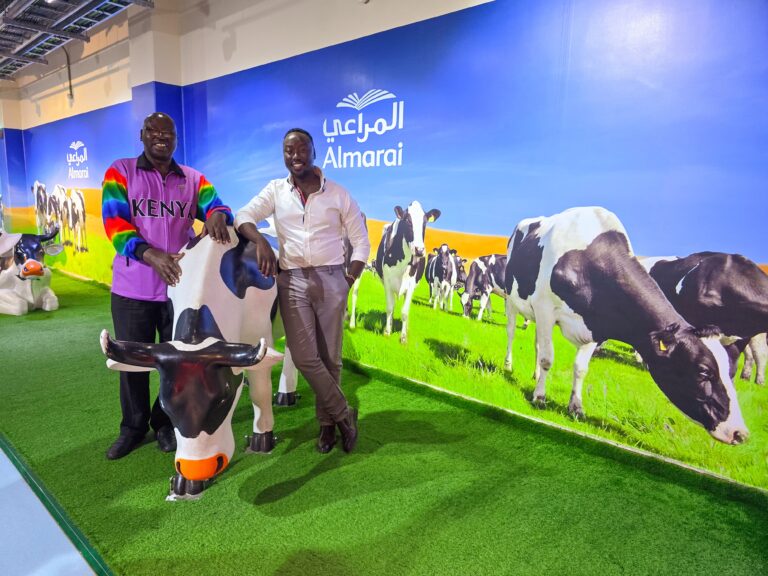In Kenya, farming has always been a major source of livelihood, but for many small-scale farmers, making a sustainable income remains a challenge. That’s where TND Fleckvieh Cow Ltd is stepping in to change the game by introducing Fleckvieh cattle, a highly productive dual-purpose breed known for both milk and beef production to all people across our 47 counties.
The goal is to help farmers earn a better living by providing them with high-quality cattle and equipping them with the right knowledge and skills to manage their livestock efficiently. Through hands-on training programs, farmers learn everything from breeding techniques to optimal feeding and herd management practices. These skills are essential in ensuring that they maximize the potential of their livestock.
The organization under the leadership of The National Democrats party (TND) leader Hon. David Sudi, seek to form groups of 10 people across all wards in the country and give eacjh group a Fleckvieh cow, to help them earn money through milk production.

One of the biggest advantages of Fleckvieh cattle is their ability to serve multiple purposes. Unlike traditional dairy or beef breeds, these cows offer farmers the best of both worlds. The daily sale of milk provides a consistent source of income, while raising cattle for beef brings in larger lump-sum earnings when the animals are sold. This combination helps reduce financial risks and ensures a more stable income flow for farming families.
Beyond just selling cattle, the organization is fostering a community approach to farming. Farmers are encouraged to form cooperatives, allowing them to share knowledge, pool resources, and access better markets. When farmers work together, they can negotiate better prices for milk, buy feed in bulk at lower costs, and secure better veterinary services. This collective approach strengthens their bargaining power and improves profitability.
Farmers are trained on proper pasture management and efficient feeding strategies to minimize costs while maximizing productivity. These sustainable practices not only protect the environment but also ensure that farming remains profitable for years to come. By teaching farmers how to manage their resources wisely, the initiative is creating long-term solutions rather than short-term fixes.
To further support farmers, the organization collaborates with government bodies, NGOs, and agricultural research institutions. These partnerships help farmers access funding, benefit from the latest agricultural research, and receive policy support that makes farming more viable. The integration of modern technology and science-backed practices ensures that farmers stay ahead in
By providing farmers with high-quality livestock, valuable knowledge, and a strong support network, it is transforming farming into a profitable and sustainable business.



